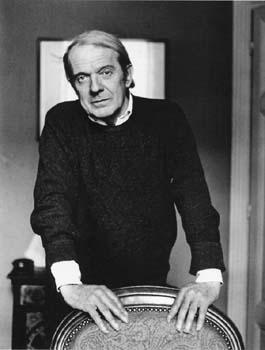The existence of this essay excerpted below proves that some of our silliest ideas can find profound states of interpretation. Presenting Canine Citizenship and the Intimate Public Sphere by Lisa Uddin, so now we can actually take the name of this blog seriously:
[LINK]
This essay is a speculative inquiry into the possibilities and problems of canine citizenship. Informed by a cross section of contemporary images of and relations to dogs in the United States, it asks to what extent, and to what effect, man’s best friend has become invested with a particular set of meanings about public participation. These are meanings worth exploring, I think, for three reasons. First, animals have a long history of symbolizing fantasies and anxieties about human life; we sometimes call this anthropomorphism. As a kind of surrogate human being, the American dog can help make the terms of being human, and more specifically the terms of being a citizen, more visible. Mine is a strategy of displacement that considers what these dogs reveal about the character of public life and its participants, or lack thereof. What can these dogs tell us about citizenship as a set of actions or inactions, as a definition of personhood, as a way of moving through and imagining the nation?
[LINK]
 Some scans of a book containing an interview with the Big D can be read
Some scans of a book containing an interview with the Big D can be read 
 In an very interesting development, Reuters has opened a
In an very interesting development, Reuters has opened a 

